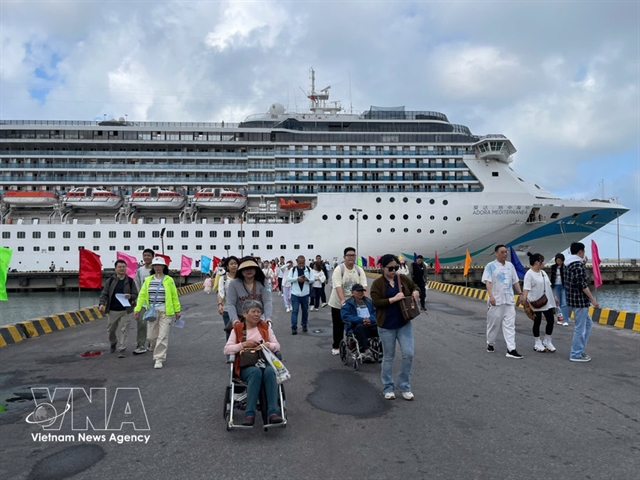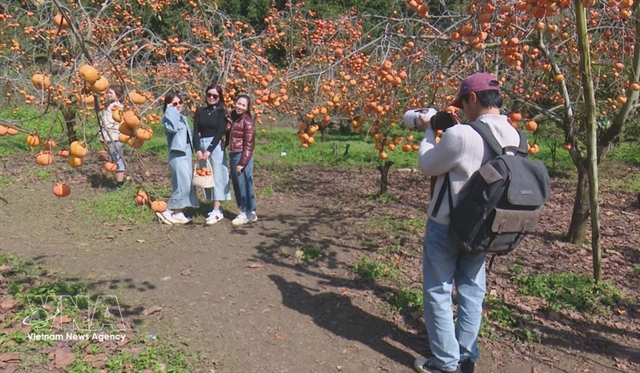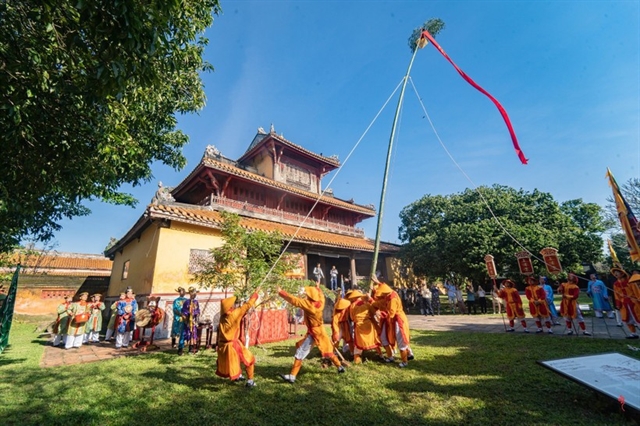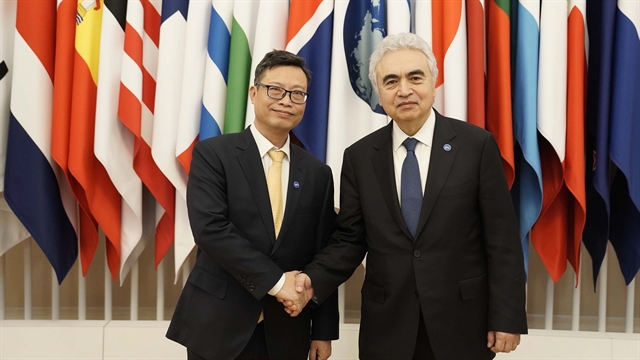 Politics & Law
Politics & Law
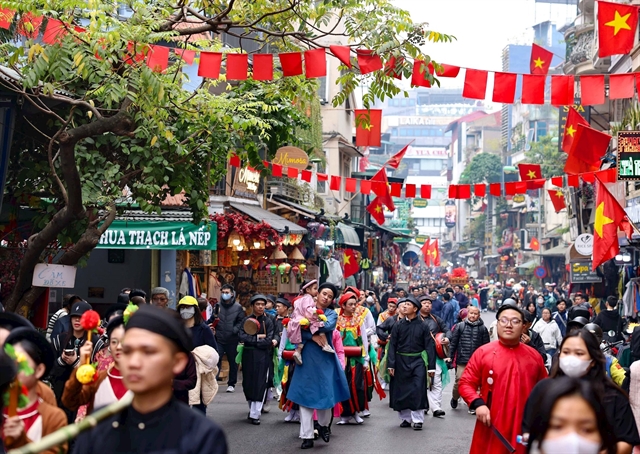
Prime Minister Nguyễn Xuân Phúc has worked with authorities of the northern border province of Cao Bằng, asking them to seek breakthrough solutions to the development of the locality.
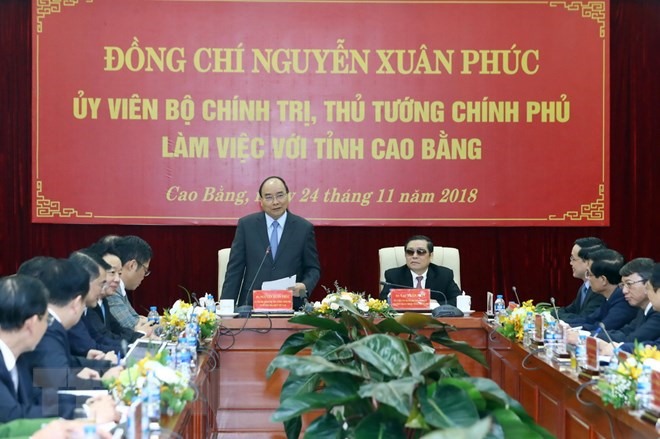 |
| Prime Minister Nguyễn Xuân Phúc has worked with authorities of the northern border province of Cao Bằng, asking them to seek breakthrough solutions to the development of the locality.— VNA/VNS Photo Thống Nhất |
CAO BẰNG — Prime Minister Nguyễn Xuân Phúc has worked with authorities of the northern border province of Cao Bằng, asking them to seek breakthrough solutions to the development of the locality.
The PM on Saturday asked Cao Bằng to focus on agricultural development, processing and the application of technology in production as they are the main industries of residents. He suggested expanding agricultural production in three key pillars: organic and clean production, high technology application in processing, and value chain connection and development of brand names to increase the value of local farm produce.
The province also needs to pay attention to afforestation and wood processing and exports, while promoting investment in logistic services to improve export value, he said.
During the session, the PM, his working delegation, including key officials from ministries and sectors, and local authorities focused on specific measures to realise the implementation of an expressway connecting Trà Lĩnh in Cao Bằng with Đồng Đăng in neighbouring Lạng Sơn Province.
The PM agreed in principle to implement the important project, saying that once operational, the 115km expressway will facilitate transport, trade and socio-economic development for Cao Bang, which has a high rate of poor households.
On the same day, PM Phúc visited the Cao Bằng police. He praised the achievements of the local public security force in recent years and called for security and social order to be ensured in the new situation.
Mountainous tourism brand
PM Phúc has assigned the mountainous province to develop a mountainous tourism trademark for the country, which is also one of the directions serving the locality’s future socio-economic development.
The Saturday event brought together businesses from other localities and economic and trade organisations from China’s Guangxi province, which borders Cao Bằng
The local authority called for investment into 32 projects in tourism, hi-tech agriculture, farm-forestry-aquaculture processing, infrastructure, and transport, committing to always maintaining political-security stability and consistency in investment attraction and support policies, and the ways of serving enterprises and the locals.
The PM stressed tapping the huge potential possessed by the bordering Guangxi province, saying commodities produced by Cao Bằng and Việt Nam in general can access other Chinese provinces and ASEAN countries via the locality.
Regarding tourism, the province needs to use its special national cultural and relic sites, especially the UNESCO-recognised Non Nước Cao Bằng Geo-park, to develop and improve the lives of local residents, PM Phúc said.
He advised the locality to focus on developing the exports of planted timber, which is the key export line of Việt Nam.
He pointed out that border-gate economy is the important for the province’s global integration and development.
“Cao Bằng needs to seriously follow the principle of promoting peace, cooperation for mutual development, win-win interests, and respect to sovereignty. It needs to pay heed to trans-border trade cooperation, especially with the world’s most populous market (China), and see its strategic opportunities in it,” he noted.
The leader asked investors to realise their commitments and social responsibility towards the local people. Apart from economic profits, investments should generate jobs and incomes for the residents, he said.
At the conference, the province handed over papers on investment intentions and investment certificates for 14 projects of local and foreign investors worth nearly VNĐ3.6 trillion (US$161 million); and 18 memorandums of understanding on investment partnerships in various fields worth over VNĐ28.5 trillion (1.25 billion).
And, four commercial banks pledged to continue providing credits worth nearly VNĐ2 trillion for the province’s six socio-economic development projects engaging in energy and tourism.—VNS

